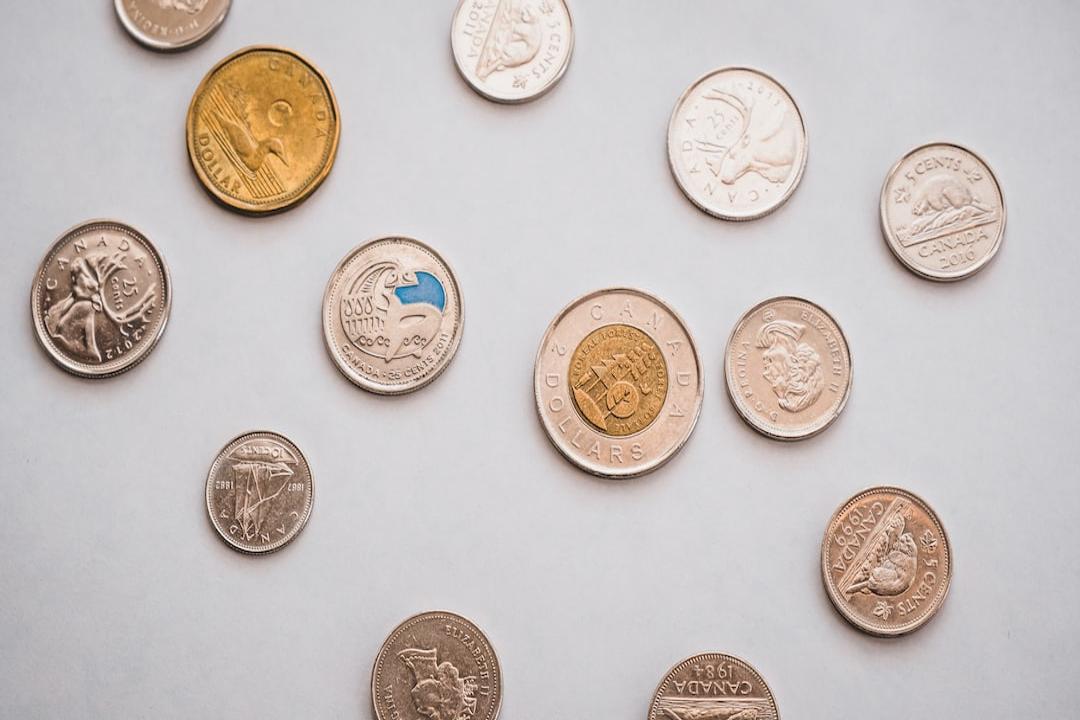Borderless Capital, an investment firm, has recently launched its third fund called DePINs (decentralized physical infrastructure networks), which is dedicated to investing in blockchain-based projects that focus on developing and maintaining physical infrastructure globally. The firm has been actively investing in this sector since 2021 and has supported projects such as Helium, Render Network, and GEODNET.
The new $100 million fund is led by Álvaro Gracia, a former executive of Telefónica, and Sean Carey, the co-founder of Helium. They are joined by various organizations including Peaq, a layer-1 blockchain, the Solana Foundation, Jump Crypto, and IoTeX.
Gracia, who is also a partner at Borderless Capital, expressed his confidence in DePIN, calling it one of the most revolutionary innovations in the Web3 space.
DePINs are decentralized systems that utilize blockchain technology to construct and maintain physical infrastructure, such as connectivity networks, computing power, and geolocation services. Unlike traditional centralized companies or governments, DePIN projects allow individuals and smaller entities to contribute their resources, such as hardware, data, or services, to the network and receive tokens as rewards.
Helium and Filecoin are examples of projects that provide decentralized infrastructure onchain. Helium offers a network for Internet-of-Things devices, using nodes as wireless connectivity hotspots. On the other hand, Filecoin offers a decentralized solution for storing and retrieving data, allowing users to rent out spare storage space or purchase storage on the network. Other protocols, like Hivemapper, utilize dash-mounted cameras to crowdsource map data.
According to Carey, DePIN is a game-changer for underserved areas as it provides critical infrastructure and services. The “2024 DePIN Development Report” predicts that this market will reach a size of $3.5 trillion by 2028.
The rise of DePIN protocols in recent years has attracted the attention of layer-1 blockchains, which are focusing on the convergence of devices, connectivity, and decentralized services. For example, the Solana Foundation is working on enhancing its network infrastructure to improve the reliability of DePIN applications. Kuleen Nimkar, the DePIN lead at the Solana Foundation, mentioned in a previous interview with Cointelegraph that there are many promising DePIN projects emerging in various domains.
According to data from Dune Analytics, there are currently over 18 million devices across 276 tracked DePIN projects, with a market capitalization of over $29 million.
In conclusion, the launch of Borderless Capital’s DePIN fund demonstrates the growing significance of decentralized physical infrastructure networks in the blockchain space. With the potential to revolutionize underserved areas and provide critical services, DePIN projects are expected to play a major role in the future of infrastructure development.

